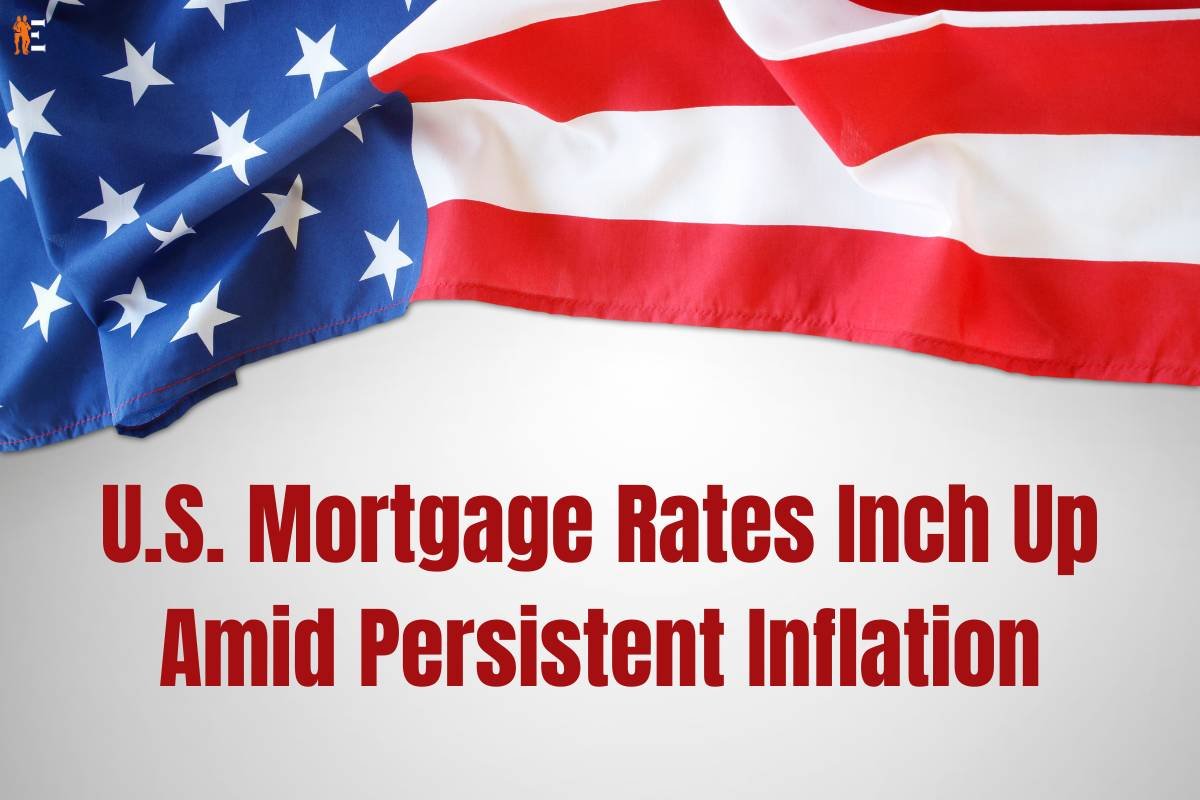U.S. mortgage rates experienced a slight uptick this week, breaking a two-week streak of marginal declines. The increase in rates comes as inflationary pressures persist, with rates remaining above 7% for a continuous five-week period.
Freddie Mac Data
According to data released by Freddie Mac on Thursday, the 30-year fixed-rate mortgage averaged 7.18% for the week ending September 14, marking a modest rise from the previous week’s rate of 7.12%. A year ago, the 30-year fixed-rate stood at a notably lower 6.02%.
Freddie Mac’s chief economist, Sam Khater, attributed the elevated mortgage rates to “the reacceleration of inflation and strength in the economy.” The steady inflationary trend has been a significant factor in keeping mortgage rates at elevated levels.
The average mortgage rate, as reported by Freddie Mac, is based on a sampling of mortgage applications from thousands of lenders across the nation. Notably, this survey considers only borrowers who make a 20% down payment and possess excellent credit.
Housing inflation: Fed faces challenges amid rising costs and Mortgage Rates
30-year Mortgage Rates
The rate for a 30-year mortgage has held steady over the past month, primarily because investors are awaiting the Federal Reserve’s forthcoming rate decision. The Fed has aggressively addressed inflation concerns with a series of rate hikes, and the inflation data released this week is anticipated to play a pivotal role in guiding the central bank’s future actions.
Jiayi Xu, an economist at Realtor.com, noted, “While August’s headline inflation was driven up by energy prices, the core Consumer Price Index (CPI), which excludes volatile food and energy items and is closely monitored by the Fed, provides more evidence that core inflation is trending down toward pre-pandemic levels.”
Despite this, the sustained level of inflation and its slow deceleration rate suggest that it may take some time to bring inflation back down to the Federal Reserve’s 2% target. The Fed’s preferred inflation measure, the Personal Consumption Expenditures Index, registered at 3.3% in July on an annual basis.
Additionally, the Fed closely tracks the CPI, which reported a 3.7% increase in August compared to the previous year. While this inflation measure is expected to decline in the coming months, particularly as housing costs recede, there is typically a lag in data, which means it may take time before this reduction is reflected in the overall inflation rate.
Decreasing Rental Prices
Jiayi Xu also pointed out, “Shelter costs, the most important component of the core CPI, have moved down for five consecutive months on a year-over-year basis.” She added that private data, including data from her company, indicates that rental prices are gradually decreasing.
However, even as shelter costs trend favorably, there are uncertainties introduced by the recent price increases observed in the for-sale housing markets. These market dynamics may influence the inflation outlook in the months to come.











